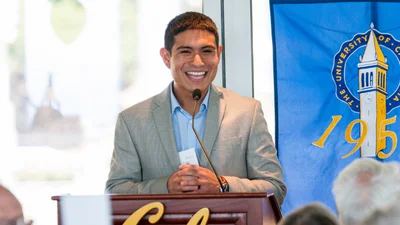Photograph of Secretary of State Henry A. Kissinger Using the Telephone in Deputy National Security Advisor Brent Scowcroft's Office to Get the Latest Information on the Situation in South Vietnam | National Archives and Records Administration, Public domain
Henry Kissinger, a towering figure in American foreign policy, passed away Thursday, November 29 at age 100. His legacy, marked by a blend of diplomatic brilliance and controversial decisions, leaves an indelible imprint on the world stage.
Kissinger's role as National Security Advisor and Secretary of State under Presidents Nixon and Ford saw him navigating some of the most turbulent waters of the Cold War. He was instrumental in opening diplomatic relations with China, a move that altered global geopolitics. His efforts in negotiating the end of the Vietnam War, while contentious, earned him the Nobel Peace Prize, though his receipt of this honor remains debated due to the prolonged conflict and suffering in Southeast Asia.
His policies, often criticized for prioritizing state interests over human rights, reflected a pragmatic approach to international relations, shaping the realpolitik school of thought. This pragmatism was evident in his handling of the Yom Kippur War, where his shuttle diplomacy was crucial in achieving a ceasefire between Israel and its neighbors.
An anecdote that captures Kissinger's complex legacy involves his secret trip to China in 1971. Disguised as a Pakistani diplomat, Kissinger embarked on a mission that paved the way for President Nixon's historic visit the following year. This bold move, kept hidden even from America's closest allies, showcased his knack for strategic secrecy and his belief in the power of diplomacy over public posturing.
Kissinger's career was not without its shadows. His involvement in Latin American politics, especially in Chile, and his stance on the Bangladesh Liberation War, attracted significant criticism. These actions have been scrutinized for undermining democratic values in the name of geopolitical strategy.
Like so many others, I view Henry Kissinger as a figure of paradoxes - a Nobel laureate whose peace efforts were often overshadowed by the controversies of his policies. His influence on international diplomacy will continue to be studied, debated, and felt for generations.
I will remember a man who shaped history, for better or worse, with a strategic mind that left a complex and enduring legacy.
Joshua Claybourn is an attorney and historian. You may visit him online at JoshuaClaybourn.com









